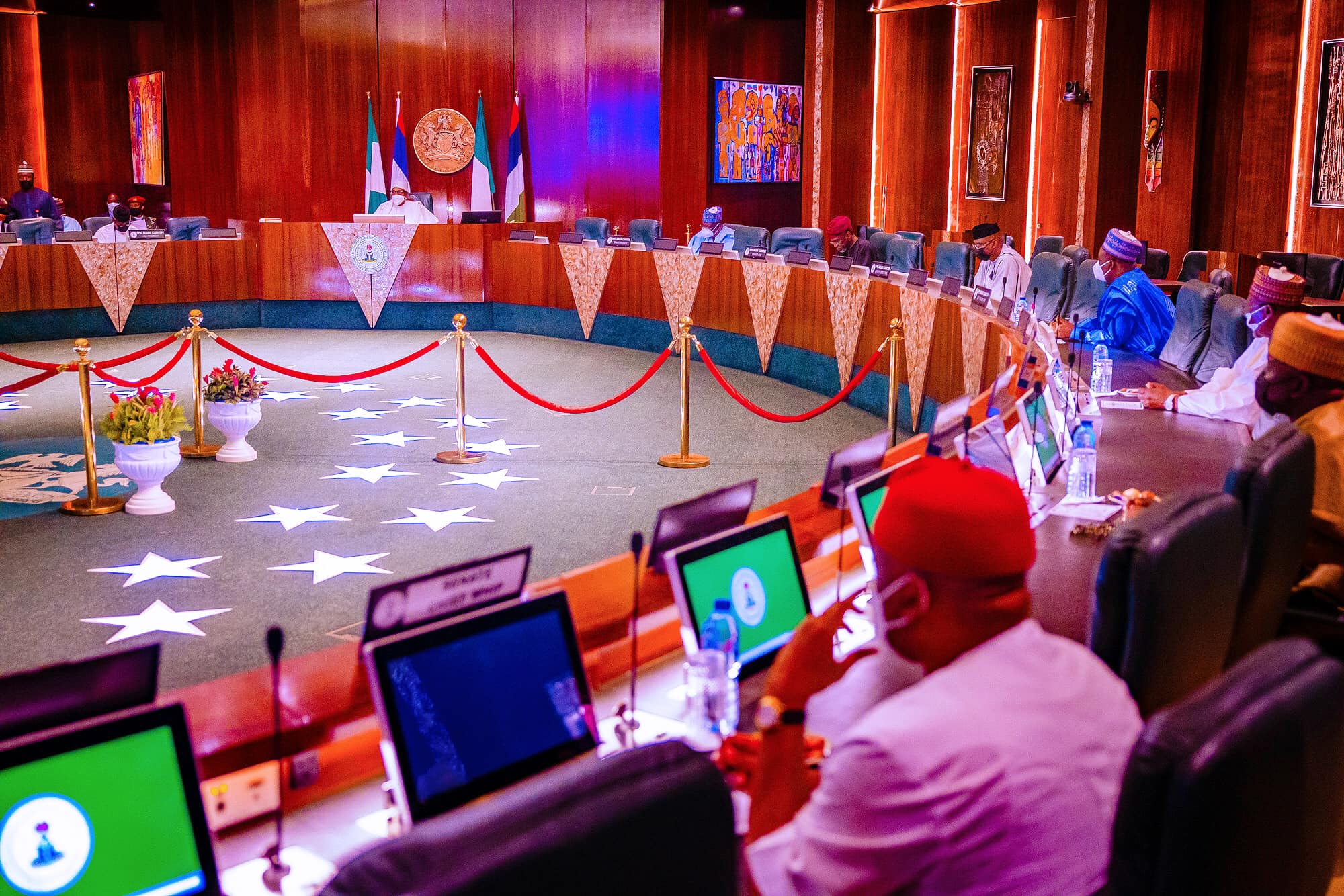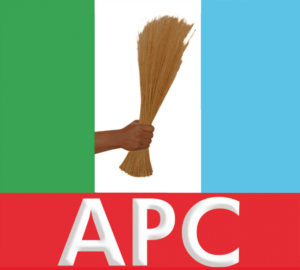APC leaders agree on consensus candidates, to produce unity list – Lawan

Nigeria’s ruling All Progressives Congress (APC) may have finally hit the road ahead of its Saturday March 26, 2022 National Convention following various reconciliation meetings held with Progressives Governors’ Forum and leadership of National Assembly between Wednesday March 23 and Thursday March 24, respectively, by Leader of the Party, President Muhammadu Buhari.
This was as Senate President Ahmed Lawan said Thursday after meeting with President Buhari in State House, Abuja that the the party had agreed on producing consensus candidates and was expected to put out a ‘Unity List’ by Friday ahead of the convention.

“We hope to achieve a consensus in selecting and electing the officers for the party, we are prepared to come up with a unity list,” he said.
Speaking further, Senator Lawan acknowledged that the country indeed has challenges but that the APC and the 9th Assembly have done well, particularly with the passage of old and salient bills, cooperation with the opposition members in the PDP and APGA to ensure that issues of national interest remain the prime goal.
He also stated that the absence of a ‘father figure’ like President Buhari in opposition parties is perhaps the reason for the disunity in their party.
On his part, President Buhari urged the APC leaders and members to channel their energies into improving the fortunes of the party in the forthcoming elections and avoid squabbling, that could distract and create disharmony.
With the elections less than 11 months away, the President urged that positions should be harmonised with a view to the party winning and providing good governance.
He told the lawmakers that a zoning template was produced and adopted by the party after wide consultations in order to ensure a reflection of equity in leadership while representing various dynamic interests.
Again, in order to maintain an overall position of dominance in the political landscape, the President implored party members to collaborate with the various stakeholders within and outside respective states and zones.









